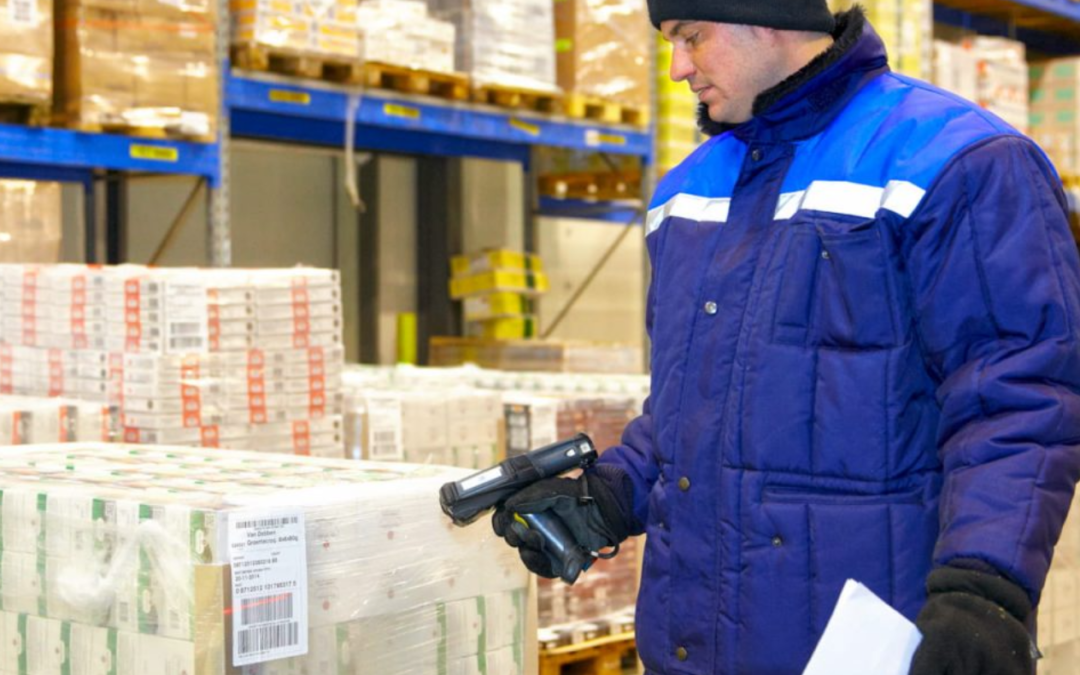In the realm of business decisions, risk management plays a pivotal role in shaping strategies and outcomes. When it comes to cold storage equipment, whether to rent or buy involves assessing various risks that can impact financial stability, operational efficiency, and regulatory compliance. Let’s delve into the risk management considerations businesses should weigh when choosing between renting and buying cold storage solutions.
Understanding Risk Factors
Before making a decision, it’s crucial to grasp the key risk factors associated with both renting and buying cold storage equipment. Renting provides flexibility in scaling storage capacity according to demand, which can mitigate risks related to overcommitting financially or underutilising purchased equipment. However, dependency on rental providers and fluctuating rental costs can introduce uncertainties. Conversely, buying cold storage equipment entails significant upfront investment and risks such as equipment depreciation, maintenance expenses, and potential technological obsolescence.
Risk Management in Renting Cold Storage Equipment
Renting cold storage equipment offers specific risk management advantages. Businesses can avoid large upfront costs and benefit from predictable monthly expenses under rental agreements that often include maintenance and servicing. This helps in budgeting effectively and reduces the risk of unexpected operational disruptions due to equipment breakdowns. However, businesses must carefully review rental terms to understand obligations regarding maintenance, service levels, and contract renewals to mitigate risks associated with supplier dependencies and cost fluctuations. Make sure you know the different types of cold storage you can rent to get the right one for your business. Click on the link to read the difference between cold room and walk-in freezer.
Risk Management in Buying Cold Storage Equipment
Purchasing cold storage equipment provides businesses with long-term control over assets and potentially lower overall costs compared to continuous rental payments. Owning equipment allows for customisation to meet specific operational needs and may offer advantages in terms of reliability and operational continuity. However, the upfront capital investment poses financial risks, and ongoing maintenance costs and the risk of equipment becoming outdated can impact profitability over time. Effective risk management strategies include conducting thorough cost-benefit analyses and considering equipment lifespan against business growth projections.
Financial Risk Analysis
A comparative financial risk analysis is essential for businesses weighing the decision between renting and buying cold storage equipment. Renting offers immediate cost savings through lower upfront expenses and predictable monthly costs. However, over the long term, continuous rental payments may exceed the total cost of ownership. Buying, while involving higher initial investment, can lead to cost efficiencies if the equipment remains in use beyond its depreciation period without significant maintenance issues. Businesses should consider factors such as cash flow management, potential return on investment, and financial flexibility when assessing financial risks associated with each option.
Operational Risk Considerations
Operational risks are inherent in both renting and buying cold storage equipment. Renting mitigates some operational risks by outsourcing maintenance and repairs to rental providers, ensuring minimal downtime. However, businesses must carefully manage service agreements to prevent disruptions and ensure equipment reliability. Buying provides operational control and customisation opportunities but requires proactive maintenance planning to mitigate risks of equipment failure and associated operational downtime. Effective risk management strategies include regular equipment audits, contingency planning, and proactive maintenance schedules to uphold operational continuity.
Why a Delivery Service is Crucial
You’ve found the perfect cold storage company, and you’re happy with the model you’re hiring. But, there’s just one problem. You have to sort out the delivery all by yourself. Some business owners make the mistake of thinking this is an easy task. However, you have to remember the size of cold storage and the responsibility you have to keep it safe. There’s a lot more that goes into this process than you think.
Instead, it’s recommended that you look for a cold storage hire company that includes a delivery service. Let’s take a look at the advantages this is going to offer your business.
Save You Money
You’re already paying out to hire cold storage. You don’t want to deal with additional fees on top of this. But, this is what’s going to happen if you have to sort out the delivery. It can be a lot of money to hire an external team to transport this cold storage for you or have to get the vehicle and insurance yourself. So, looking for a company that includes delivery with their models is recommended so that you can save money in the long run.
Save You Time
You want cold storage, and you want it now. Whether your current system has broken down and you need a replacement, or you’re trying to expand for the customer rush, you can’t be waiting around weeks for cold storage to arrive. This is another reason to ensure that the company has a delivery service. It’s going to save a lot of time and make sure you get what you need straight away. The company will be used to delivering their equipment and be able to set it all up for you.
Avoid the Hassle
Arranging delivery by yourself can be complicated and this is especially true if you’ve never done it before. From getting the right vehicle and arranging the team to sorting out insurance and paying for petrol; there’s a lot of hassle involved. Ultimately, you can avoid all of this stress and hard work by choosing the right company that’s happy to handle delivery.
Conclusion
Choosing between renting and buying cold storage equipment involves navigating various risks that impact financial stability, operational efficiency, and regulatory compliance. Whether prioritising flexibility and cost-effectiveness through renting or valuing control and long-term investment with ownership, understanding and mitigating these risks is crucial. By aligning risk management strategies with business objectives and industry requirements, businesses can make informed decisions that optimise cold storage solutions to support growth, compliance, and operational success.
